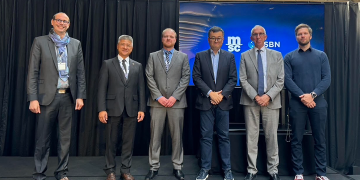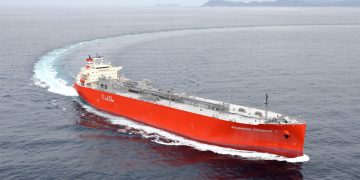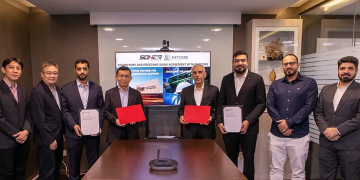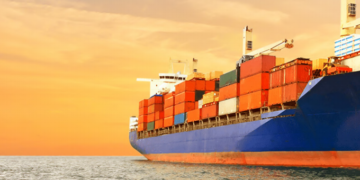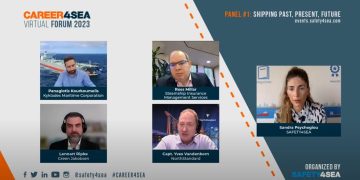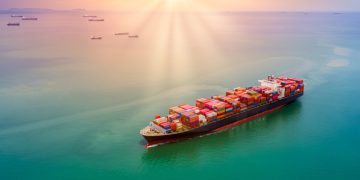Piracy:Will we ever find a solution?
Piracy:Will we ever find a solution? We have inveighed against the tendency in our industry, to keep repeating: Something must be done about piracy, without getting specific about what that something is. A number of proposals, some of them sensible, and some of them unworkable, have been put forward. In the midst of all of the fulminations, a few mysteries are being cleared up. One of these mysteries is why the United States, as the only major power with a navy of proven efficiency, has done so little (I realize this will offend my British friends, but its now official: the Royal Navy hasnt been as small as it is now since the Middle Ages). There have for some time been rumours that the U.S. was pulling its punches with regard to the Somali pirates. Intriguing new evidence has surfaced in a recent article by two experienced New York Times reporters, Mark Mazzetti and Eric Schmitt, detailing what appears to be happening behind the scenes. The reality seems to be that the United States now considers Al Qaeda in Somalia, and its affiliate across the Gulf of Aden, to be a greater threat than the operatives in Pakistan who have...
Read more






